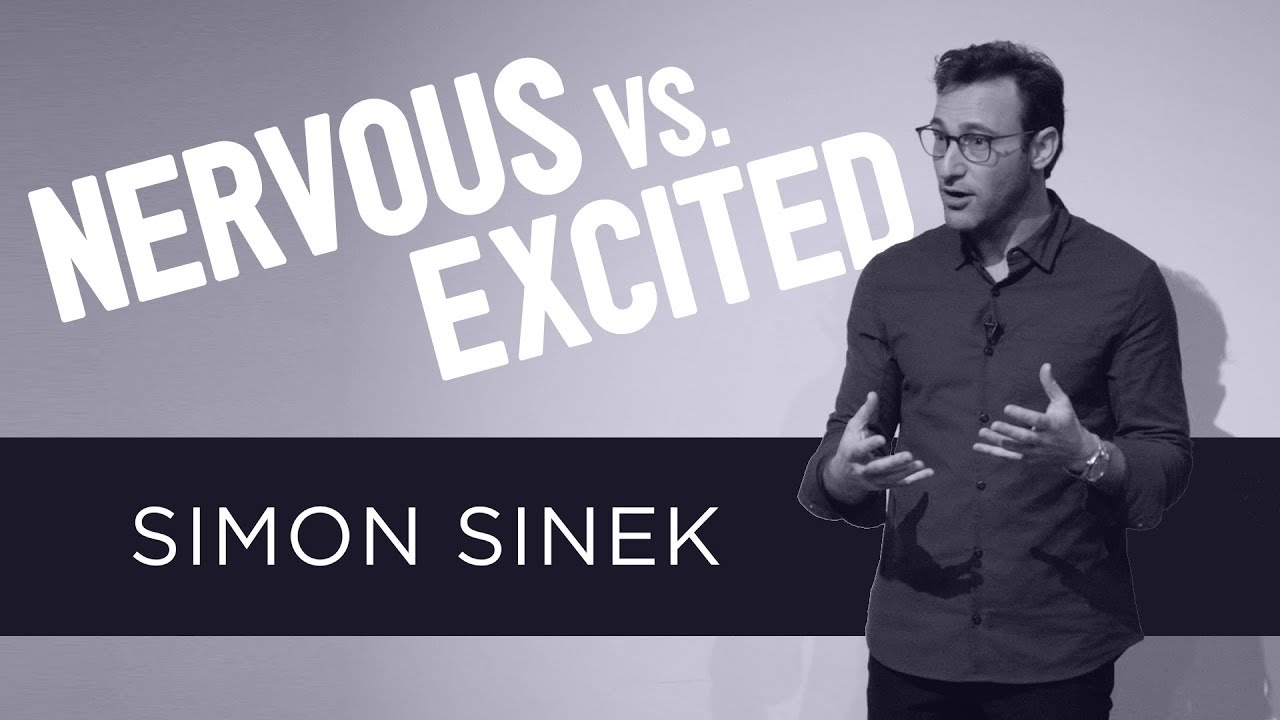Blog Articles – Filtered by Tag
It’s About Customer Service!

In recent weeks, I’ve encountered both dismal and outstanding examples of customer service. While companies invest heavily in marketing to attract new clients, they often neglect their existing ones. It’s surprising how frequently basic customer service is overlooked, despite its significant benefits.
What is the Deal with Remote Offices?

Over the years, I’ve been honored to be present at a annual conference in Orlando on how we’ve successfully built our business and culture with a 100% remote workforce. Technological advancements have made it possible for people to work remotely with access to IT resources comparable to those available onsite. However, thriving in a remote environment requires paradigm shifts and maturity from both the team members and leadership.
Navigating the Challenges of Hiring in the IT Industry

Over the years, our journey to find and hire exceptional talent has been fraught with challenges. Initially, our struggle stemmed from a lack of clarity about our needs and the discipline to adhere to them. Now that we have a solid understanding of the qualities that make someone a good fit for our team, a new challenge has emerged: finding those individuals.
Building a Culture of Continuous Improvement

In a previous blog, we discussed how to write effective Standard Operating Procedures (SOPs). While this is a crucial step, it’s only the beginning. For businesses, people, and processes to thrive, continuous improvement is essential. The challenge lies in making this a consistent practice.
Nervous vs Excited

Earlier this year, in a blog titled “Here’s to the Crazy Ones”, I discussed our approach to failure and our attitude towards it. There is an insightful video from Simon Sinek, along the vein of thinking, about training your mind to perform under pressure, and I wanted to share it with you.
The Spirit vs the Letter of the Law in Handbook Policies
When helping clients draft IT policies for their Employee Handbooks, I often find myself torn between two approaches. One part of me wants to detail every aspect of the policies, while another part wants to simply say, “Do the right thing!” This tension highlights the different methods of policy writing: one that specifies every detail and another that provides a broad vision of right and wrong, leaving room for common sense.
Engineering Vacuums
When I first started my career, I encountered a common issue: the organizations I worked for seemed content to keep me in the same position indefinitely. Seeking career growth, I approached my managers for guidance on building a career path but was met with blank stares. Unsatisfied with this stagnation, I began identifying “vacuums”—areas where there was a need but a lack of skills to fill that need.
Delegation vs Abdication
As our IT team expanded, many seasoned business leaders and friends advised me on the importance of effective delegation. They emphasized the need to empower team members to take ownership of tasks and even experience failure as part of their growth. Determined to delegate properly, I discovered that while failing to delegate can harm a team, there’s something equally, if not more, damaging: abdication.
Sales, Lies and Manipulation

When I’m in the process of making a purchase, I often take a step back to observe the experience from a broader perspective. I enjoy analyzing the interactions between the parties involved and their overall approach to the exchange. Unfortunately, I’ve noticed that many sales processes involve lies and manipulation just to close the deal. This often leaves me questioning whether ethical sales are even possible. However, I also recall positive sales experiences where both parties genuinely looked out for each other, aiming for a mutually beneficial outcome.
Shaking up the Idea of Balance

In today’s fast-paced world, there’s a lot of talk about finding balance in life. For myself, it can feel like there’s immense pressure to maintain perfect balance every moment of every day, and if I don’t, it often feels like I’m failing. This perceived failure can lead to even more imbalance as we scramble to fix things, much like the chaotic factory line scene in the classic “I Love Lucy” episode.
Tags
Let’s Connect
We would love to hear from you. If you have questions about how we may be able to work together, click the button below, fill out the form and we will connect to explore the future together.
